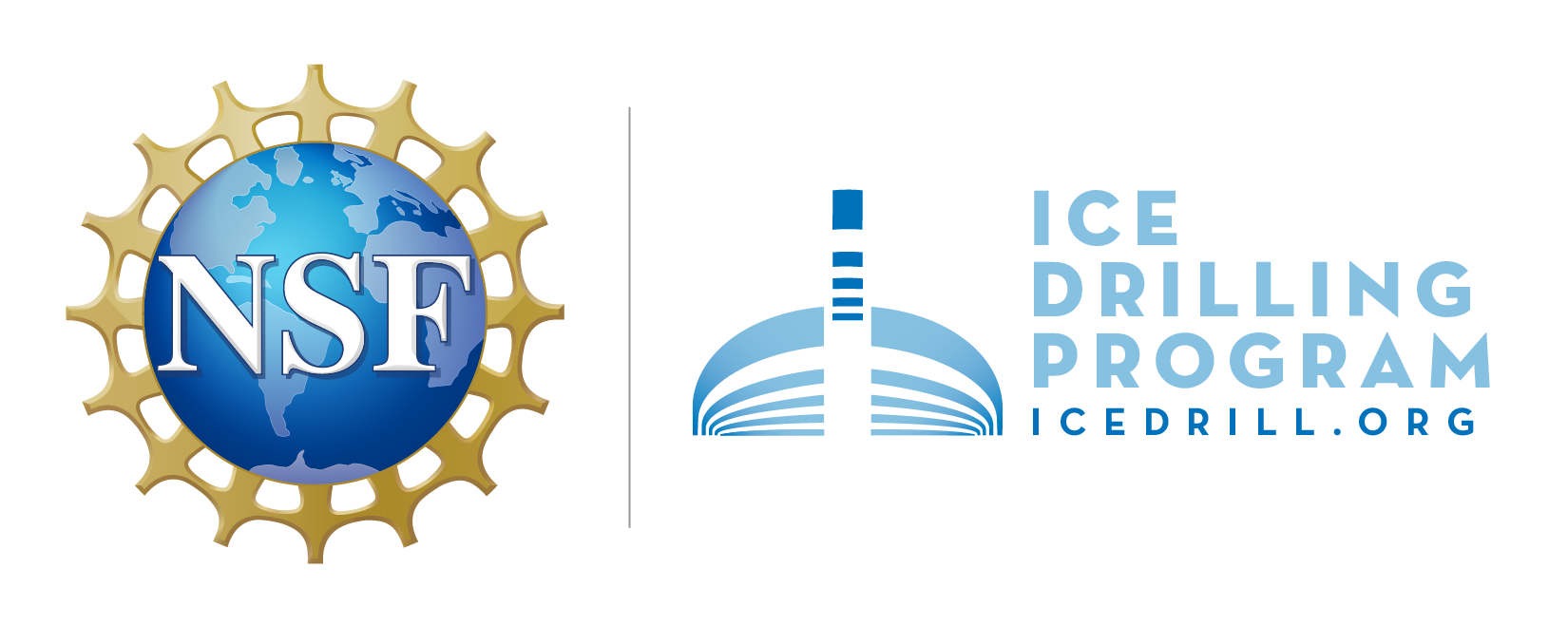DEM modeling of ice cuttings transportation by electromechanical auger core drills
| Title | DEM modeling of ice cuttings transportation by electromechanical auger core drills |
|---|---|
| Publication Type |
Journal Article
|
| Year |
2014
|
| Author(s) | Hong J , Pavel Talalay, Mikhail Sysoev, Xiaopeng Fan |
| Journal/ Publication |
Annals of Glaciology
|
| Volume |
55
|
| Issue |
68
|
| Pagination |
65-71
|
| Abstract |
Electromechanical auger core drills are widely used in shallow ice-coring practice on mountain glaciers and polar ice caps and sheets. Generally, these drills are lightweight, can be readily transported to remote drilling sites, are easily installed there and drill with relatively high rates of penetration and low power consumption. During the past few decades, dozens of electromechanical auger drills have been designed. However, the auger options were usually determined by experience, and the main parameters (auger angle and rotation speed) are varied in a wide range from drill to drill. In order to choose the optimal auger parameters, the discrete element method (DEM) is used to analyze the performance of cuttings transportation for different rotation speeds in the range 50–200 rpm and auger angles in the range 15–45°. To improve the efficiency of cuttings transportation, many factors have to be considered (e.g. particle sizes and their variability, ice temperature, material of the core barrel and jacket, and availability of needed driven motor-gears). For the conditions assumed in the present studies, the recommended rotation speed is 100 rpm at auger angles of 35–40°. |
| DOI |
10.3189/2014AoG68A002
|
| URL | |
| Special Collections | International Workshop on Ice Drilling Technology Series, 7th International Workshop on Ice Drilling Technology |
| Categories | Ice Cutting |
| Equipment | Hand Augers |
| Citation | Hong J , Pavel Talalay, Mikhail Sysoev, Xiaopeng Fan ( 2014 ) DEM modeling of ice cuttings transportation by electromechanical auger core drills. Annals of Glaciology , 55 , 68 , 65-71 . doi: 10.3189/2014AoG68A002 |
| Lead Author |
